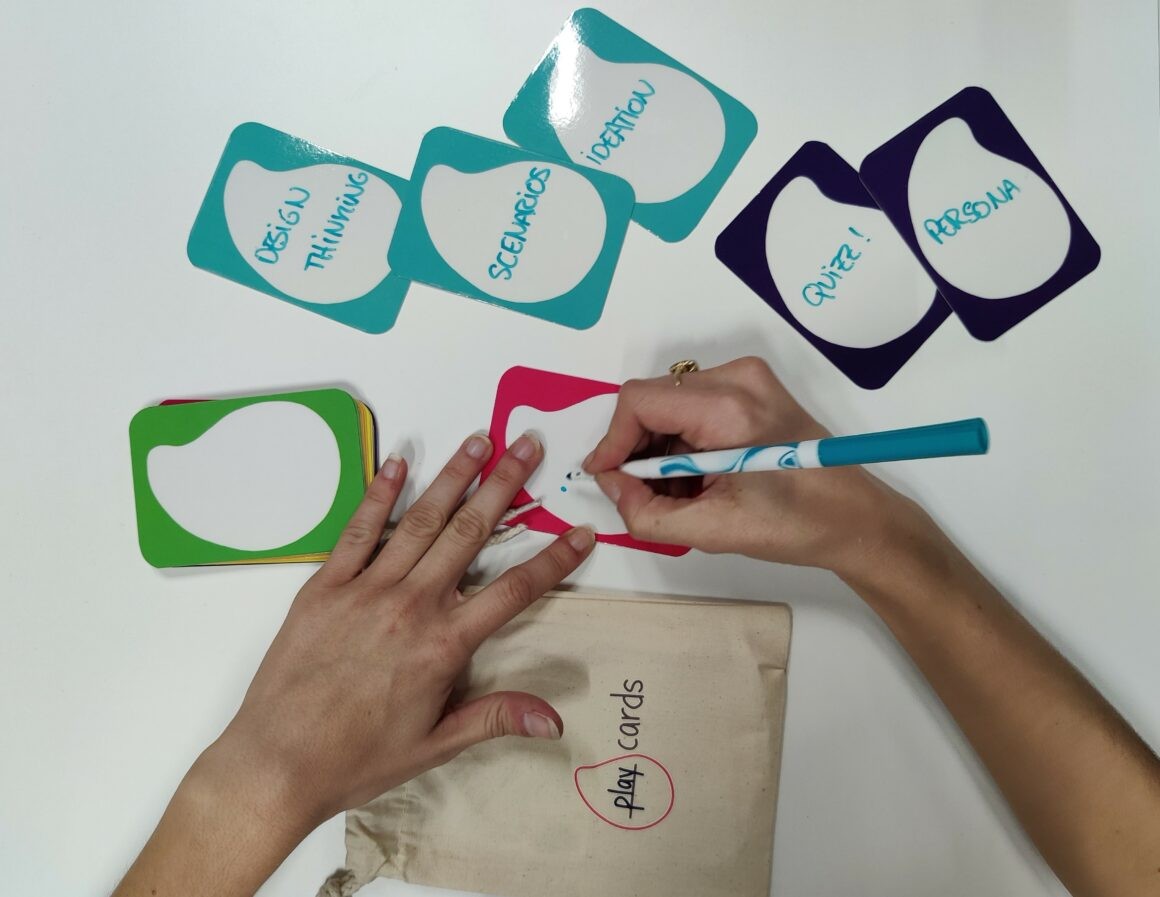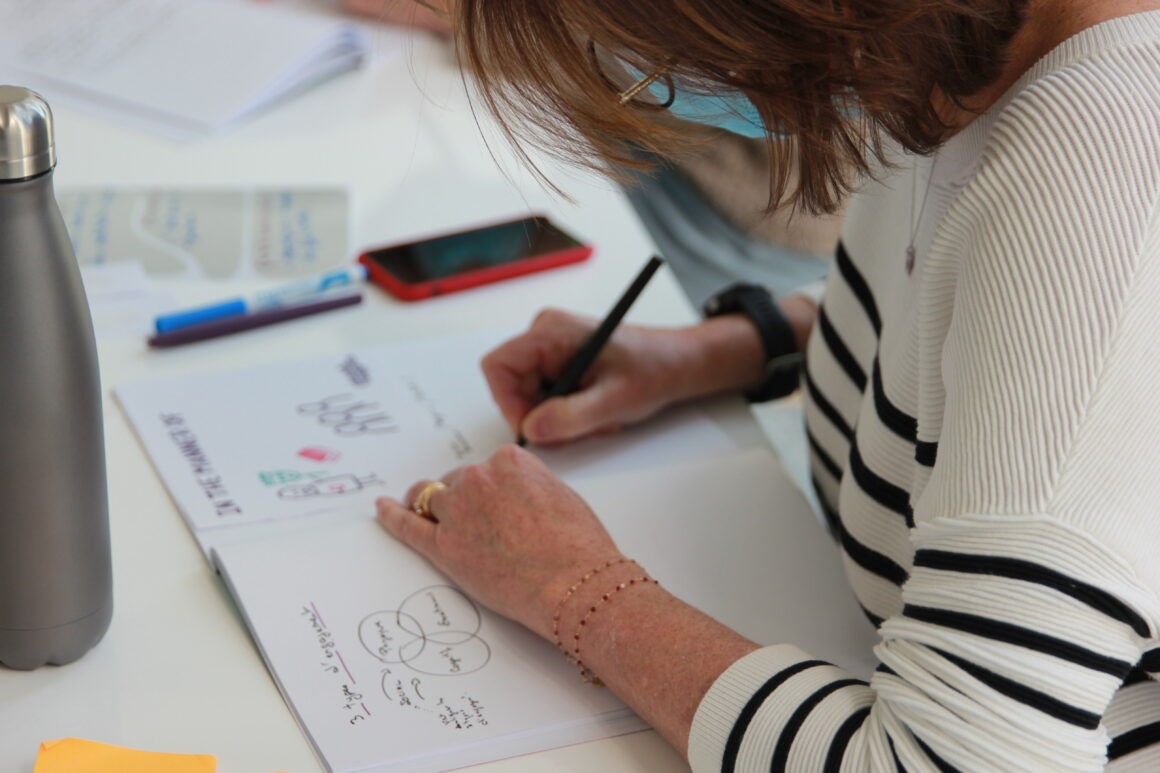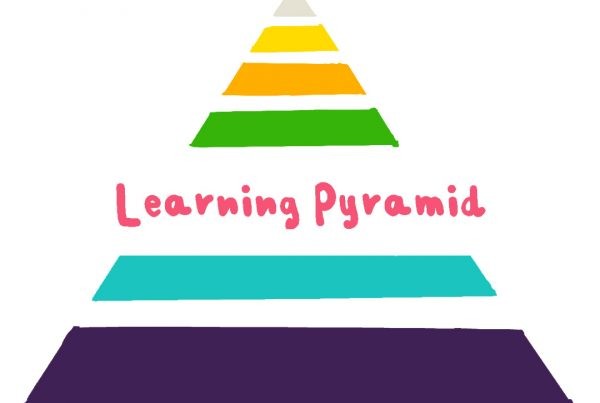« Chance only favours prepared minds ».
What is serendipity?
This sentence, attributed to Louis Pasteur, sums up the concept of serendipity.
What is serendipity ? Is it playful? Can it find concrete applications in a professional’s daily life?
To explain the concept of serendipity, we will take examples of discoveries that everyone knows well:
- Nutella
- Scratches
- Tarte Tatin
- Post-it notes
What do all these objects/foods have in common? They were all discovered by chance? Or almost.
They all came about by serendipity. Serendipity, according to the Collins dictionary, is the faculty of making fortunate discoveries by accident. It is frequently used in the scientific world to designate a form of intellectual availability, which allows one to draw rich lessons from an unexpected find or a mistake.
In other words, all of the above inventions are the result of a mistake or a chance that pushed their authors to reflect and create new things.
When you hear this, it might make you wonder how you could as well make serendipitous discoveries.
Is serendipity really possible?
Since serendipity is due to chance, it is complex to create chance and « luck » at work. It is not really created, it is stumbled upon.
However, it is possible to recreate conditions that are favouring serendipity to happen. After all, for serendipity to happen, actions need to take place. In a way, there can’t be pure accidents, and serendipitous discoveries only favour the ones who are capable of recognizing the opportunities in accidents or mistakes.
So how can an individual make more serendipitous encounters? To answer this question, we will give you 3 tips to bring more serendipity in your life.
-
Tip 1: Be observant
Daily observation, taking your nose out of your work, is crucial. Indeed, have you ever had that feeling when you have been stuck on a problem for several hours, you take a break, in the air or doing something else, and suddenly ideas for solutions come more naturally?
It is therefore very important to create moments without specific tasks to complete except to get inspired, learn about a subject and share. You can also be observant as well on how people behave. This can be a coffee break, an outdoor moment or any other work break. This time should be aligned with our second tip.
-
Tip 2: Ask yourself the right questions
During these moments, it is important to take notes or make the effort to formalize your observations regularly. Note down questions that may arise, ideas that emerge or even links that you manage to make between areas: anything that could accidentally be useful for you in the future.
You can write them down on a piece of paper, on your phone, on a post-it, the important thing is to keep it in mind and let yourself have the opportunity to read it again.
This exercise allows you to take a step back from what you are doing and to come up with solutions that are very different from the existing. Like when you play, what matters is the information you take out with you at the end.
-
Tip 3: Go back and forth between theory and practice
Now it is up to you to test the solutions that you found or the ideas that have come to you on a micro-situation, a mini-issue that you have (this is practice).
Then, the important point is the “freedom to effort”. The point is that it might be very efficient to truly make room for theoretical content and some for practice. Both are important and are feeding each others in multiple ways. This is the effort that is required for any serendipity to happen.
You have to regularly create, come back to hypotheses and practices and other times be more high level. Truly it’s a process, a virtuous cycle.
If you are more interested in how serendipity might be use in in organization, you can check the European Management Journal about Serendipity in organization.
It’s up to you to bring a playful and curious mindset in your organization by coaching your colleagues or employees like a team sport to create a powerful and impactful environment.
Play also allows you to increase high level moments and to be in a state of mind of a curious and open-minded player, which favours serendipitous encounters.
At Plush&Nuggets, we put serendipity and curiosity in our workshops to best guide you. You can discover it in our online class Basics of Play at Work.






